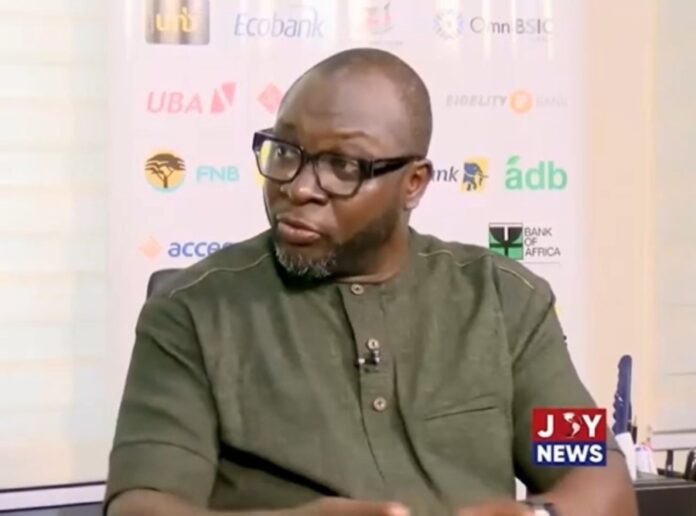Chief Executive Officer of the Ghana Association of Banks, John Awuah, has challenged the growing calls for constitutional reforms, insisting that Ghana’s true crisis lies in a breakdown of values, widespread impunity, and weak enforcement of existing laws.
In a thought-provoking post on LinkedIn, Mr. Awuah argued that the Constitution is not the main obstacle to Ghana’s progress. Instead, he said, the problem is the people’s disregard for law and ethics.
“While I do not oppose the ongoing work on Constitutional Review,” he wrote, “I am of the firm view that the Constitution is perhaps the least of the challenges confronting Ghana or our democracy.”
He cited examples of countries without codified constitutions that have nonetheless built strong democratic institutions through “laws, conventions, legal precedents, and traditions that have evolved.”
According to him, Ghana’s Constitution is not inherently flawed—it is what leaders and citizens choose to do with it that matters.
“Our leaders who want to do good can do a lot of good with the constitution we have,” Mr. Awuah asserted.
He pointed out the contradiction between the Constitution’s values and the nation’s current reality.
“The Constitution does not support corruption, yet we are corrupt. It has provisions for justice, yet we see injustice. It abhors crime, yet depending on who you are, you can be a walking criminal on our streets.”
Amid growing public discourse on the need to amend the Constitution, Mr. Awuah cautioned against blaming it for Ghana’s deeper systemic failures.
“We can have a Constitution that is written by God, and a bad leader will have clauses to pursue personal interest and misrule,” he warned.
What Ghana needs, he said, is not a rewritten Constitution but a reset of national values backed by strict enforcement of the law.
“Values are guided and nurtured with the strict application of the laws we already have.”
He cited how developed countries enforce their systems—not because citizens are inherently more moral, but because the law is impartial and consistently applied.
“They don’t enjoy paying rent or loans,” he said, “but the consequences of default—like being blocked from the financial system—deter them. They fear corruption because their laws don’t respect personalities. The laws know only the law.”
Mr. Awuah lamented how impunity has become so widespread in Ghana that those who try to do the right thing are often ridiculed.
“We have the reverse law syndrome in Ghana. The wrong is now right, and the people in the wrong have more strength and power, especially if they have managed to amass wealth through that wrongdoing.”
He warned Ghanaians not to scapegoat the Constitution for the country’s moral and institutional decay.
“So don’t paint our Constitution black and make it the cause of our woes—we are our own demons. A lot of good can be done with a bad constitution, and a lot of bad can be done with a good constitution.”
In a bold closing statement, Mr. Awuah listed Ghana’s three most pressing problems as:
“1) Corruption, 2) Corruption; 3) Corruption.”
ALSO READ:



